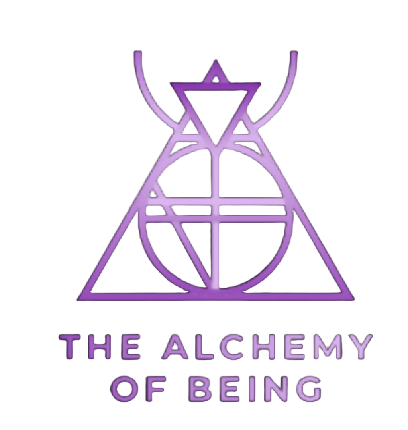Laugh Your Way to Better Memory and Learning

Over the past six months, we’ve explored laughter as a secret ally in everything from boosting immunity to building emotional resilience. From stress relief to longevity, our giggle trail has uncovered laughter’s power to heal, restore, and rewire. If you’ve been giggling along with us, you’ll know by now: laughter isn’t a side dish – it’s medicine. This month, we turn our attention to a surprising partner in cognitive health: memory and learning.
Because yes, laughter doesn’t just lift your mood or soothe your body, it sharpens your mind too.
The Science of Laughter: Brain-Boosting Benefits
Laughter triggers the release of dopamine – a neurotransmitter that supports not just pleasure, but motivation, attention, and memory formation.
As we age, memory can feel more fragile. But the brain remains adaptive. And laughter is one of the gentlest, most accessible ways to support that adaptability.
Here’s how:
- Humour enhances retention: Studies show that light-hearted content is easier to remember. A good laugh primes the brain for recall.
- Laughter lowers cortisol: Chronic stress impairs memory and focus. Laughter softens that stress response, clearing the mental fog.
- Play supports neuroplasticity: The brain’s ability to rewire doesn’t stop at 30. Playful, joyful states encourage continued learning and integration—even decades into adulthood.
You don’t have to be a student to keep learning. Whether you’re reading, listening, healing, or reflecting—laughter opens a doorway for ideas to land and linger.
Practical Application: Laugh to Remember
You don’t need textbooks or exams to benefit from laughter-fuelled learning. Try weaving these memory-friendly practices into your everyday rhythm:
- Inject humour into your reading: Choose books or podcasts that teach and entertain. A well-timed metaphor or chuckle can make an idea stick.
- Laugh before learning: Watching a light-hearted clip before a meeting, workshop, or new experience primes the brain for clarity and retention.
- Bring levity to the mundane: Turn grocery lists into rhymes. Make up silly acronyms for tasks. Humour boosts recall even in routine activities.
- Create playful memory cues: When trying to remember something important – a name, a concept, a date – link it to a funny mental image or story. If it makes you smile, you’re more likely to remember it.
It’s not about being frivolous. It’s about staying flexible. Play is a powerful way to keep the mind open, adaptive, and alive.
Giggle Challenge: Laugh to Learn
This month’s challenge is simple:
Each time you want to remember something – be it a name, a task, or a meaningful idea – pair it with laughter.
Try this:
• Watch a light-hearted video before tackling something you tend to forget.
• Create a joke, pun, or visual association tied to what you want to retain.
• Share a laugh with someone before an important conversation or meeting.
Notice the impact. Does it feel easier to recall later? Is your mood lighter while doing it?
Share your results with us – especially your most inventive memory-jogging humour!
Final Thought
You don’t have to study to keep learning. And you don’t have to strain to remember.
Laughter softens the edges of effort, making memory more accessible and learning more lasting.
If you’re on a journey of healing, growth, or simply staying sharp, let humour come with you. It may be the most faithful study buddy you never knew you had.
→ Catch up on previous editions of Giggle Gallery here
 Skip to content
Skip to content
